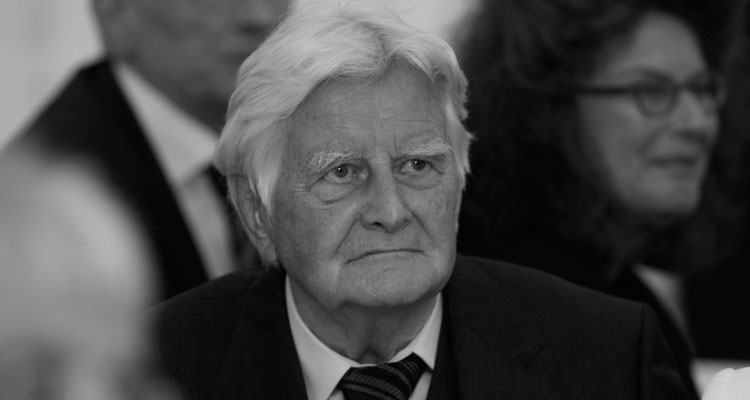Whoever undertakes to defend practical reason – the principles of moral action – in terms of a universal cognitive ethics, must prepare himself for criticism from most of the philosophical camps of our time. Cognitive ethics claims to use reason to show the validity of moral norms. However, it is a widely held view that objective facts and the laws of logic and mathematics are inter-subjectively valid, but that the situation is different when it comes to values. No chance for a universal ethic? This would be a great dilemma since the rehabilitation and transformation of practical reason seems particularly urgent today. Ethics can no longer be a matter of face-to-face encounters only but must be rethought on a larger scale: it must take into account ‘globalization’, the new situation we face in today’s world, whether we like it or not. This includes all issues concerning humanity as a whole, such as ecological problems as well as the continuing threat of weapons of mass destruction on the one hand, but also extensive world trade links and world-wide communication on the other hand.
Karl-Otto Apel, a German philosopher who was also Professor Emeritus at the University of Frankfurt am Main, regards globalization as “an irreversible fact”, which has taken place “ahead of our reflection”, and “a challenge”. He argues that though “it’s fashionable to be modest as a philosopher”, boldness is what the situation requires: “Philosophy should take the lead” in answering to this challenge.
What is Apel’s philosophy like? Eminent learning and thorough knowledge of a great variety of philosophical literature are characteristic of his work. He does this not only in order to frame his principal ideas but to act on them. Inspired by Pierce, Apel is convinced that philosophy emerges in a ‘communication community’ of philosophers, in the ‘argumentative discourse’ between thinkers. It is not the product of a thinker’s solitary quest for truth.
It is only through such a ‘transformation of philosophy’ that philosophy acquires its proper form, in which it may do justice to the discursive character of the human context in which we live.
In order to establish the possibility and validity of communication, a ‘transcendental language game’ in an ideal ‘communication community’ beyond all concrete language games has to be assumed. This theory includes the recognition of a principle of ‘communicative ethics’.
Apel’s ‘discourse ethics’ comprises two parts. While the first part deals with an ideal situation, part two is designed to examine the question of “how to act under non-ideal conditions’”.







